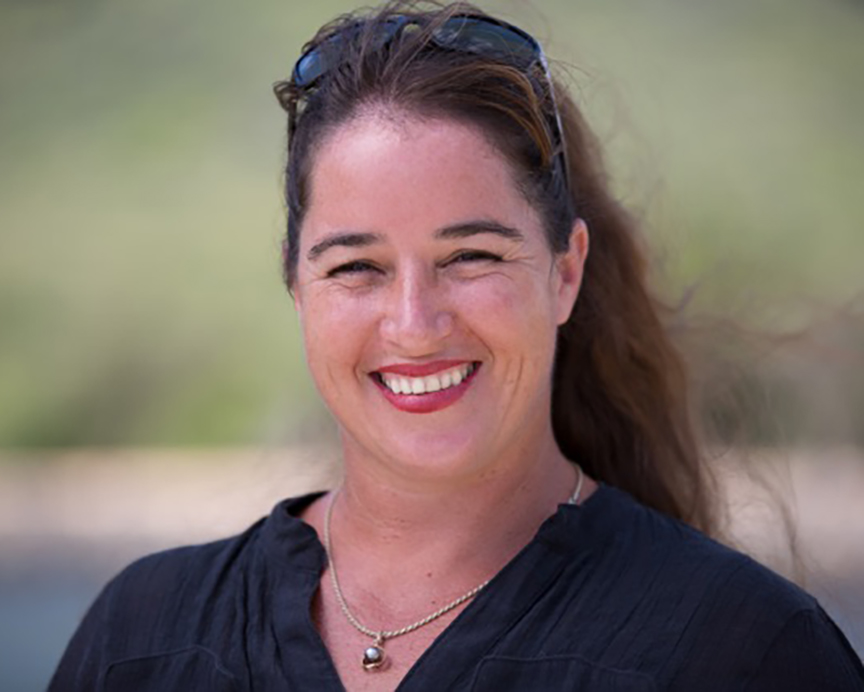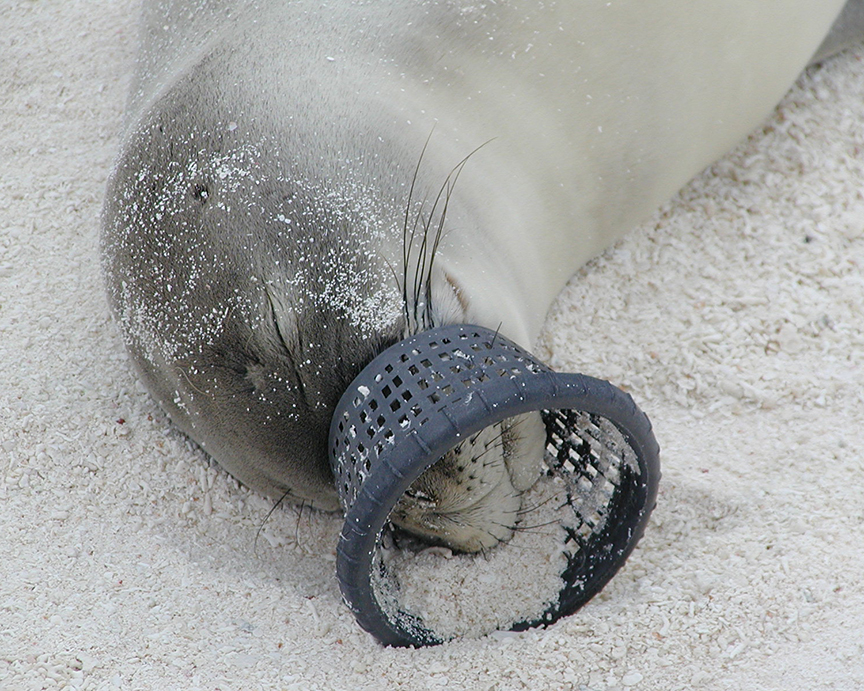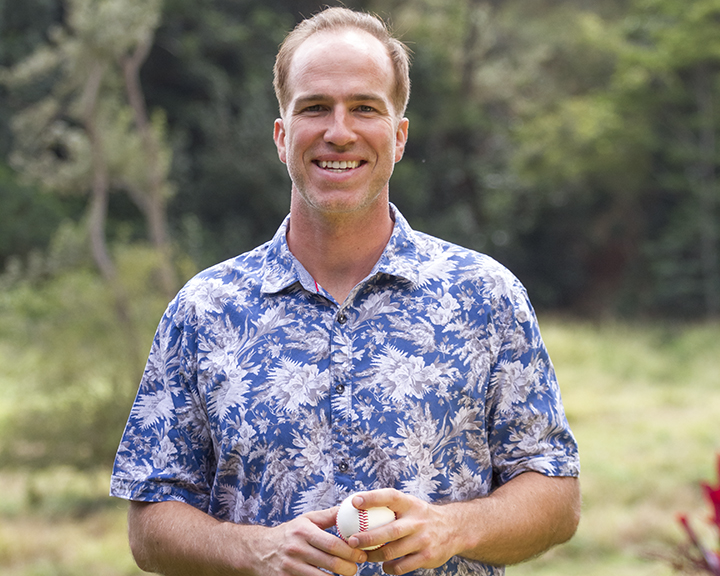Even the Garden Isle needs help to become greener.
Conscious efforts from community members, nonprofit organizations, businesses and government bodies are laying down a giant puzzle on Kaua‘i, with each piece representing a step toward sustainability.
“We’re doing it, it’s happening, it’s moving,” Malama Kaua‘i Executive Director Keone Kealoha said of islandwide sustainability efforts.
And it’s not just nonprofit organizations such as Malama Kaua‘i, Regenerations Botanical Gardens, Zero Waste Kaua‘i, Surfrider Foundation and many others that are pushing for a sustainable island.
County government officials and the Kaua‘i Island Utility Cooperative have also been pushing for greener practices.
KIUC’s goal is to use renewable sources to generate 50 percent of the island’s electricity by 2023. The co-op also plans to provide half of Kaua‘i’s daytime energy through solar projects by next year.
As far as the local government, “becoming greener” is not an “extra” that the administration selects whenever it’s convenient, according to county spokeswoman Mary Daubert.
“Our mandate is to operate more sustainably,” Daubert said. “We do this for many reasons, including environmental, social and long-term economics.
In the last few years, the county has taken steps to increase recycling, promote agriculture, install solar panels in county buildings, use more hybrid or electric cars, increase bus ridership, promote walking and biking, and reduce energy consumption in streetlights.
Daubert said many of the administration’s “green choices” are about returning Kaua‘i to a more self-reliant operation.
“We believe that it is our responsibility to take these actions, and to encourage all businesses and organizations on Kaua‘i to do the same,” Daubert said. “We are thankful that so many organizations in our community already understand this responsibility and are taking action now.”
In many occasions, nonprofits and community members have partnered with the county administration and lawmakers.
“We were squarely behind the plastic-bag ban bill,” Surfrider Foundation President Robert Zelkovsky said of the county ordinance passed in 2010. Since then, Surfrider volunteers rarely find plastic bags on Kaua‘i’s beaches during regular cleanups, he said.
Surfrider is now pushing to eliminate single-use Styrofoam from Kaua‘i, and we should see a bill introduced at the Kaua‘i County Council by next fall, Zelkovsky said.
Malama Kaua‘i was born out of a partnership between Kealoha and Chris Jabe in 2006. At that time, they had been looking at several ways of promoting sustainability, including affordable housing, recycling and farming.
As the nonprofit evolved, Kealoha said they realized a broad approach was too much and decided to shift focus to the Kilauea community. That’s when they learned a lot of organic farming was taking place in the Kilauea-Moloa‘a area.
“So we said, ‘Hey, why don’t we look at sustainability through the lens of the local food system?’” Kealoha said.
In 2007, Regenerations Botanical Garden began its association with Malama Kaua‘i by participating in the Eco-Roundtable events organized by Kealoha’s nonprofit.

Regenerations International Botanical Garden Director Paul Massey, left, shares a laugh with guerrilla gardener Ron Finley, of South Central Los Angeles, during the one-year anniversary celebration of the Kaua‘i Food Forest in Kalihiwai last year.
Regenerations’ vision for the island is “an interconnected community of people in healthy and reciprocal relationship with the plants and soil,” according to Regenerations Director Paul Massey.
Their collaboration solidified in early 2010, when Regenerations began managing part of Malama Kaua‘i’s Kalihiwai Community Garden, a 42-plot garden booming with organic produce. Kealoha said there’s a waiting list, and whenever a plot becomes available, it’s taken within one or two days.
The partnership deepened in 2012, when they joined forces to create the Kaua‘i Food Forest, adjacent to the community garden.
“Keone (Kealoha) and his team have always been great to work with,” said Massey, adding the emphasis is always on fun, inclusion and addressing sustainability with a holistic perspective. “I’m proud to continue our work together as the food forest and our other educational initiatives grow and prosper.”
Massey said Regenerations is achieving its vision by creating educational hands-on experiences, including the Food Forest, seed saving and sharing programs, and by building a resource center in Kalihiwai to provide soil testing, plant material access and stewardship, and demonstration of ecological farming.

Kneeling, Malama Kaua‘i Executive Director Keone Kealoha with fiancée Katie Trussel and their daughter, Shea Kealoha. Standing, from left to right, Isaac Magalsky, Katie Moch, Ryan “RAJ” Jimenez, Amber Lily, Jojo Lyra, Jill Lee and Regenerations Botanical Garden Director Paul Massey.
“We’ve created a preliminary design for the Regenerations Seed & Soil Center, with contributions from the staff and students of the Permaculture Kaua`i Design Course,” Massey said.
Kealoha said regardless of anything that may happen, people still have to eat.
“If you’ve got your food part sorted out, then we can talk about all the other stuff,” he said. “If you don’t have your food part sorted out, people are going to flip out.”
But Kealoha says he doesn’t expect changes to happen overnight.
“I don’t feel like it’s a race to get sustainable, it’s the little changes every day that end up making the big difference,” Kealoha said.
To him, it’s comparable to growing organic food. If you prepare the soil right, you can grow anything, he said.
“I’m more looking at trying to create a climate that will more easily foster people’s ability to just kind take their own initiative,” said Kealoha, adding if there’s less resistance when people are inspired to be creative, they’ll take action.
The issue of sustainability also involves looking at deeper levels of the institutions that have been around for so long, he said. When you have sustainability models that work at institutional scales, and you can prove it, it’s like having a fertile ground.
“Things are changing, there’s no doubt,” Kealoha said. You may not see it, he said, but it’s just like a fertile ground with millions of microorganisms ready to effect change.
From April 18 to 20, Malama Kaua‘i will celebrate Earth Day Rising. On April 19, as part of the event, Regenerations will host the 13th Bi-Annual Kaua‘i Community Seed and Plant Exchange at the Waipa Foundation, from noon to 5 p.m.
Discover more from ForKauaiOnline
Subscribe to get the latest posts sent to your email.






Leave a Reply